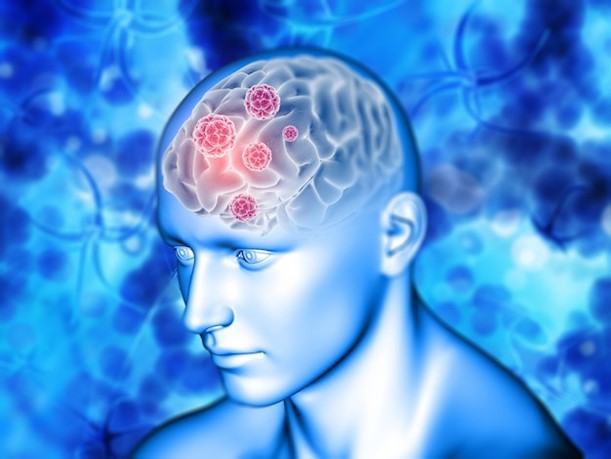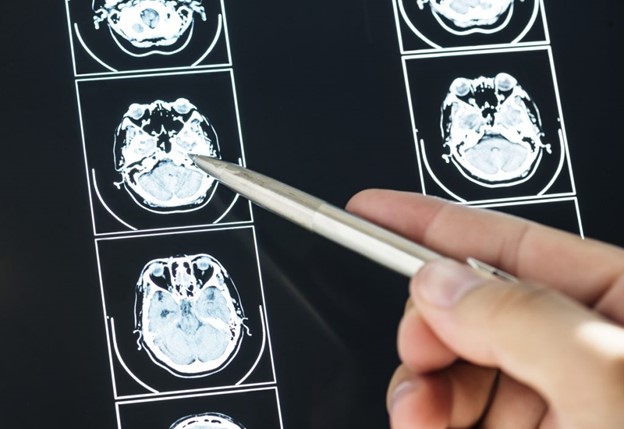In the wake of an accident, amidst the flurry of emotions and concerns, one often overlooks the potential signs of a silent threat, a brain injury. Beyond the visible wounds, these injuries can manifest in subtle yet alarming symptoms. From persistent headaches to disruptions in vision or speech, the indicators are varied and sometimes cryptic. However, recognizing them is not just crucial for health but also for legal implications. Understanding these symptoms can be pivotal in post-accident legal proceedings, ensuring proper compensation and care for those affected. It’s a matter of both well-being and justice.
Loss of Consciousness
One of the most alarming signs of a brain injury is a loss of consciousness following an accident. While loss of consciousness can vary in duration from a few seconds to several minutes, it should never be taken lightly. Even a brief loss of consciousness can indicate significant trauma to the brain, such as a concussion or a more severe injury. If you or someone you know experiences a loss of consciousness after an accident, seeking immediate medical attention is imperative. Hiring a brain injury attorney and seeking compensation for your losses is also important.
Persistent Headaches
Persistent or worsening headaches in the aftermath of an accident can also be indicative of a brain injury. These headaches can be minor to severe and might come with accompanying symptoms like light and sound sensitivity, nausea, and dizziness. Even though headaches are frequently experienced after trauma, they should not be disregarded, particularly if they continue or get worse over time. Finding the underlying cause of the headaches and facilitating the proper treatment can be accomplished by seeking medical assessment and diagnosis. Speaking with a brain injury lawyer, you may ensure that your legal rights are upheld and that you get paid fairly for your losses and injuries.
Confusion and Disorientation
Confusion and disorientation are hallmark symptoms of a brain injury, especially in the immediate aftermath of an accident. Individuals may experience difficulty concentrating, remembering the details of the accident, or understanding their surroundings. They may also exhibit changes in behavior or personality, such as irritability, agitation, or mood swings. Recognizing these signs of cognitive impairment is crucial for seeking prompt medical attention and initiating appropriate interventions to prevent further damage to the brain. If you or a loved one has disorientation or confusion following an accident, you must consult with a legal expert to learn about your legal rights and choices.
Memory Loss
Memory loss, both short term and long term, can occur as a result of a brain injury sustained in an accident. Individuals may have difficulty recalling events leading up to or following the accident and gaps in their memory of the accident. Memory loss can significantly impact daily functioning and quality of life, requiring comprehensive evaluation and management by medical professionals. Hiring a legal expert can assist you in pursuing compensation for the inflicted physical, psychological, and financial hardships if memory loss is linked to brain damage brought on by the carelessness of another person.

Changes in Sensation or Motor Function
Changes in sensation or motor function, such as numbness, tingling, weakness, or coordination problems, can also indicate a brain injury. These symptoms may affect one or more limbs and may be accompanied by difficulty in walking, balancing, or performing routine tasks. Recognizing these signs of neurological impairment is crucial for initiating appropriate medical treatment and rehabilitation to optimize recovery. Consulting with a legal expert can help ensure that you receive the necessary support and resources to cope with the long-term effects of the injury and pursue compensation for your losses.
Conclusion
In the intricate aftermath of a car accident, understanding the signs of a brain injury becomes paramount. These symptoms, though subtle, hold immense significance, not just for personal wellbeing but also for legal recourse. By recognizing and addressing them promptly, individuals can safeguard their rights, ensuring appropriate compensation and support for recovery. In the legal arena, awareness of these symptoms strengthens one’s case, highlighting the full extent of the impact and the need for comprehensive care. Prioritizing both physical and legal considerations is vital in navigating the aftermath of an accident involving a potential brain injury and forging a path toward healing and justice.
Did you find this helpful? Check out our other helpful articles on our website.
Read Also
- The Role of Ingredients in Your Skincare: What to Look ForSkincare works best when you understand what goes into the products you use daily. Ingredients form the foundation of every formula and determine how the skin reacts over time. Each cream, cleanser, or serum has its own role, determined by its ingredients. Learning what to look for helps you pick products that help skin and… Read more: The Role of Ingredients in Your Skincare: What to Look For
- Your Guide to Finding a Trusted DentistChoosing the right dentist in Sandgate or your area is crucial for maintaining good oral health and achieving a confident smile. With countless dental practices to choose from, patients may find the task daunting. Data from the American Dental Association indicates that there are over 200,000 practicing dentists in the United States, highlighting the importance… Read more: Your Guide to Finding a Trusted Dentist
- Achieving a Defined, Balanced Facial Contour in SingaporeA well-defined jawline and a gently tapered lower face — commonly referred to as a V-shaped face — is a look many people aspire to. In Singapore’s beauty and aesthetic scene, treatments that help refine facial contours have grown in popularity as more individuals seek subtle, natural enhancements that boost confidence and balance facial features.… Read more: Achieving a Defined, Balanced Facial Contour in Singapore
- The Wellness Blueprint: How Your DNA Holds the AnswerGenetic testing is revolutionizing preventive healthcare by offering insights into individual health risks. By analyzing DNA, these tests provide a personalized health blueprint that can guide lifestyle and medical decisions. This approach, often referred to as DNA wellness testing, helps to optimize health naturally and prevent potential diseases. In recent years, genetic testing has become… Read more: The Wellness Blueprint: How Your DNA Holds the Answer
- Exploring the Benefits of Infusion Therapy in OKC: The Ultimate GuideUnderstanding Infusion Therapy: A Deep Dive into Its Purpose and Process What exactly is Infusion Therapy? Infusion therapy is an advanced medical treatment that delivers medication and nutrients directly into the bloodstream through a vein, typically via an IV (intravenous) line. This method is particularly beneficial for patients who require a concentrated dose of medication,… Read more: Exploring the Benefits of Infusion Therapy in OKC: The Ultimate Guide
- Ketamine-Assisted Therapies: Impacts on Employee WellbeingWorkplace stress is common today. Many employees feel tired, anxious, or burned out. Regular therapy can help, but some people need more support. Ketamine-assisted therapy is showing good results for mental health. A ketamine-assisted therapist guides each session safely. This therapy can improve mood, focus, and energy. Learning more about it can help teams stay… Read more: Ketamine-Assisted Therapies: Impacts on Employee Wellbeing
- The Future of Men’s Health: Why Telehealth Is Here to StayTelehealth isn’t just a pandemic trend that faded into the background. For Australian men, it has become one of the most practical, time-saving, and stress-free ways to manage everyday health — and it’s shaping the future of how we access care. Platforms like DOCTO, an Australian online doctor and specialist telehealth service, are leading the… Read more: The Future of Men’s Health: Why Telehealth Is Here to Stay
- How to Build a Simple, Clean Skincare Routine ?You don’t need a complicated skincare routine. It doesn’t have to be something that requires twenty different products and confusing steps. Your routine works well with just a few high-quality clean ingredients. The beauty industry keeps pushing more products, but your skin actually needs less. You only need a simple approach to get better results… Read more: How to Build a Simple, Clean Skincare Routine ?









